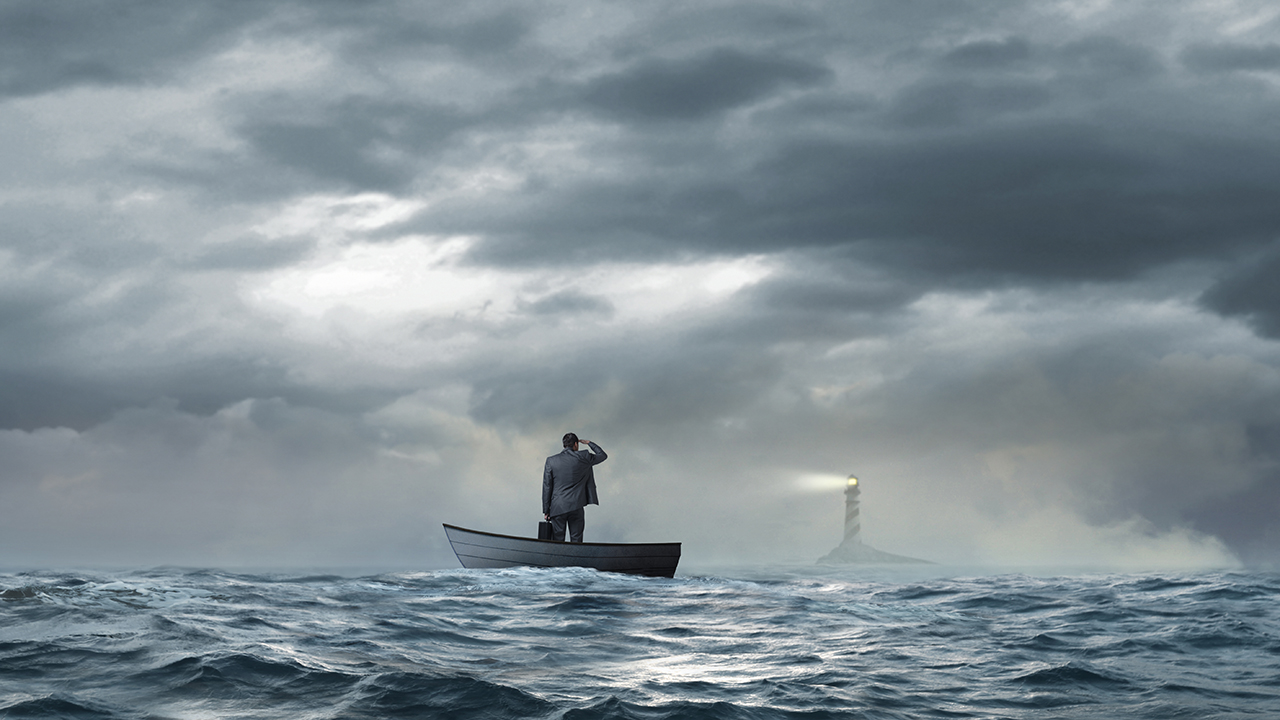When business is rough, it can be easy to lose sight of what your enterprise needs to survive in the long term. FIDI President Ebru Demirel on how FIDI helps Affiliates build financial sustainability into their operations
The theme of this issue is sustainability – of all types.
Like most others, when I think of sustainability I think first of environmental sustainability. Global warming, leaving a smaller carbon footprint, stuff like that. But there is another form that also lies close to our hearts, which is financial sustainability.
As most of you know, in addition to my duties with FIDI, my sisters and I run our family business. My father started the business in 1963, so it has been around for almost 60 years.
As far as my sisters and I are concerned, it is the only source of income the family has ever known. So, it is not surprising that my father was building financial sustainability into the business right from the start, before we were even old enough to realise what he was doing.
Even now, when he and I talk about the industry, one of the most consistent perspectives that he has, year after year, is that too many players in the business are chasing low prices, shooting themselves in the foot, whittling away their own profitability, in pursuit of simply getting the business.
It may sound strange these days, to talk about the importance of maintaining profitability, of finding something to build our businesses on that’s not just ‘we are the lowest-cost provider’. After all, we’ve spent the past year or so just trying to stay alive, cutting things to the bone and taking whatever business we could get.
And I don’t want to say that there’s never a time to do that. Sometimes, in business and in life, we’ve just got to do what we’ve got to do. But at the same time, to build sustainable businesses, we have to keep an eye on the long-term health of the entities we are building.
Imagine you are in a small rowboat in a storm, getting tossed about by the choppy seas. Yes, absolutely, you have to keep an eye out for the next wave, because it might very well be bigger than your boat and come crashing down and capsize you, and it will be game over. But at the same time, if you don’t keep one eye out for the distant lighthouse, you’ll just drift out to sea – and it’ll be game over for sure.
It’s during uncertain times such as these that I see some of FIDI’s programmes in a new light. Take FASI (FIDI’s payment-protection programme), for example, or the EY financial audits and the FAIM Credit Risk Barometer. These are all about building financially sustainable businesses for ourselves and for the people around us.
When people ask me why they should worry about meeting the standards to participate in these things, I think of my father, and how – from day one – he knew that what he was building would need to be strong enough not only to provide for his family, but also to be something he could proudly pass down to his children.
I suspect that my father would look at FIDI Affiliates and say: ‘Good for them.’ Good for them for understanding how important long-term sustainability is. Good for them for knowing that even when – no, especially when – the waters are choppy, keeping one eye on the lighthouse is doubly important. Good for them for having found ways to make it through the past year, so that, as the storm subsides, they are still around to get closer and closer to the lighthouse. Good for them.

